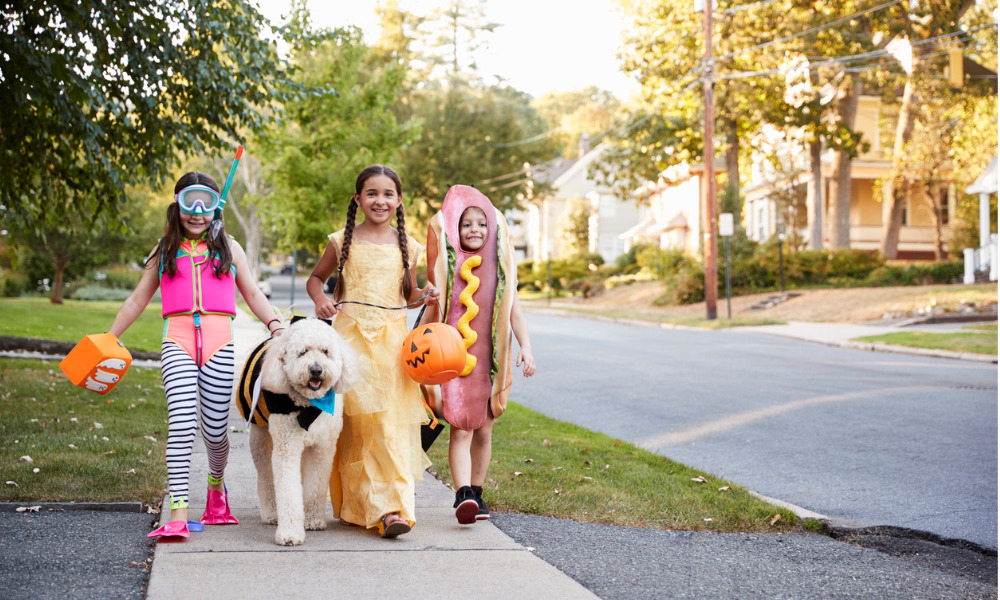If you ask them, most parents will tell you they want their kids to have lots of positive experiences and develop independence and resiliency. But despite these good intentions moms or dads are often overly protective and hypervigilant — overseeing even minor aspects of their children's lives. This is also known as “Helicopter Parenting.”
The fact that parents are actually doing more helicoptering than they realize was brought to light by a recent University of Michigan Health C.S. Mott Children's Hospital National Poll on Children's Health.
“There's a sizable gap between parents' attitudes about promoting children's independence and what they actually allow or encourage their children to do without supervision,” Mott Poll co-director, Sarah Clark, said in a press release. “This suggests some parents may be missing opportunities to guide their children in tasks of autonomy and unintentionally hindering kids' development of independence and problem-solving skills,” Clark added.Most child psychologists agree that independence fosters a child's self-confidence, resilience, problem-solving ability and mental health. But it doesn't happen overnight.
Here is some of what they found:
- Less than half of parents surveyed say their 9- to 11-year-old has waited alone in the car while they ran a quick errand, walked or biked to a friend's house alone, or played at the park without an adult companion nearby.
- Less than a sixth of parents have let their 9- to 11-year-old trick-or-treat with their friends without adult supervision.
- Less than a quarter of parents surveyed said they allowed their 5- to 8-year-old to talk to an adult stranger in a business situation, such as ordering in a restaurant.
- Fewer than half of the parents surveyed let their kids talk to a nurse or a doctor on their own when going for a check-up.
- Only 20 percent of the parents allowed their child to prepare their own food at home.
- Under a third said they leave allowance spending decisions entirely up to their child.
“Worry” was the main reason parents gave for not allowing their kids to do things independently. Breaking it down further, the parents pointed to: (1) safety, (2) their habitual reaction, (3) believing their child doesn't want to do things independently, (4) thinking their kid isn't mature enough and (5) assuming the chore will take too long or it won't be done in the parent's preferred way.
Most child psychologists agree that independence fosters a child's self-confidence, resilience, problem-solving ability and mental health. But it doesn't happen overnight. “Becoming independent is a gradual process of allowing children increasing amounts of freedom, with parents there to teach skills and help the child understand their choices,” Clark said. “As children become more experienced and comfortable with tasks, they can assume responsibility for doing them regularly.”
- Reduce worry by taking safety steps. Parents can ease in with small steps such as letting their child spend time with a friend at a familiar public space. Discussion before and after can help parents assess if their kids understand the importance of following the safety rules.
- Allow kids to explore appropriate tasks. Parents can be more purposeful about fostering independence by considering if there is a good reason not to let the child do a particular task. For younger children, this might be simple things like picking up their toys, getting dressed by themselves, pouring a drink or clearing dishes. As they get older, they can take on bigger responsibilities like learning to do the laundry and managing a small allowance for personal expenses.
- Be patient. It's important to remember that every child develops at their own pace and making mistakes is part of the learning process. Parents should provide appropriate support but avoid taking over tasks for them if they struggle.
The Mott Poll Report, Promoting children's independence: What parents say vs do is available here.





